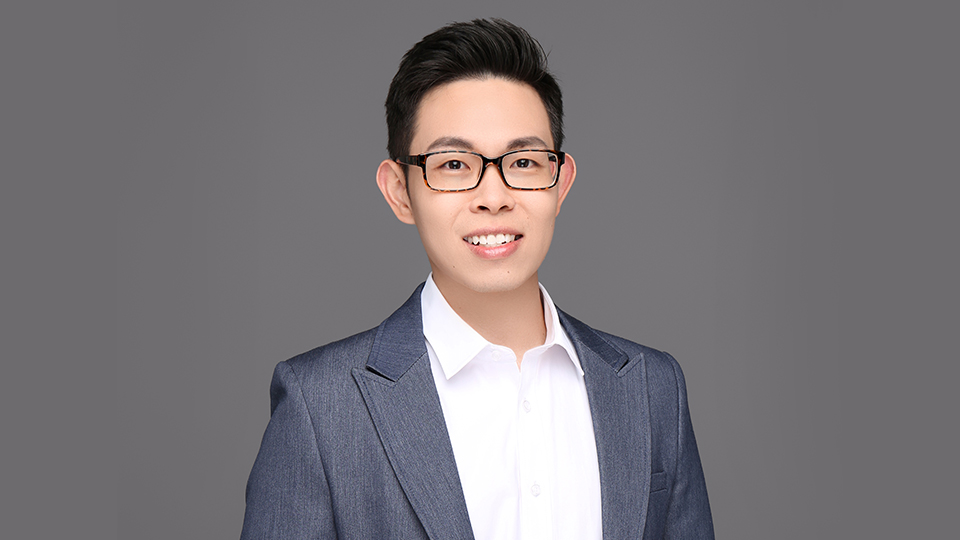NUS researcher selected to be WEF’s Young Scientists of 2020
Assistant Professor Andy Tay from NUS Biomedical Engineering has been selected by the World Economic Forum (WEF) to be in its Class of 2020 Young Scientists. The only Singaporean to be selected for the honour this year, Asst Prof Tay is one of 25 exceptional researchers from 14 countries across the world recognised for their research at the cutting edge of discovery.
The Young Scientists community was created in 2008 to convene rising-star scientists and engage them in the work of the WEF to integrate scientific knowledge into society for the public good. The community consists of extraordinary scientists from across academic disciplines and geographies – all of whom are under the age of 40.
“I hope to leverage the World Economic Forum as a platform to raise awareness about sustained investments in scientific research and the significance of communicating science to society,” shared Asst Prof Tay, whose research focuses on finding ways to slow down, or even reverse, the gradual deterioration of the immune system as the human body ages, also known as immuno-senescence.
Asst Prof Tay is passionate about developing multi-scale technologies to interface with the body’s immunity. Last year, his work on developing non-viral nano-structures to deliver DNA into immune cells with high efficiency and minimal perturbation was published in Advanced Therapeutics. This technology was chosen to be the top Most Influential Paper published in 2019 by Advanced Therapeutics.
At present, Asst Prof Tay is working on developing new technologies and materials to engineer immune cells, tissues and systems, with the aim of preventing and treating cancer.
“Our immune system protects us from a wide range of diseases like cancer and the ongoing SARS-CoV-2. However, due to injury and aging, the defence ability of the immune system is reduced. My research focuses on developing technologies to engineer powerful genetically engineered immune cells to fight enemy cells – cancer, bacteria, viruses – and create materials to rejuvenate the aging immune tissues,” he said.
The WEF Young Scientist community not only benefits from a tailored community programme providing access to a network of policy, business and science leaders but also offers a chance for young scientists to participate in a meeting programme alongside more than 2,000 business, political, media, academia and civil society leaders. To facilitate a transfer of knowledge and sharing of ideas within the cohort of nominated academics, the Young Scientists are encouraged to engage in at least one other Forum event or activity such as a community learning module or project, and other such initiatives within three years of joining the community.
“The international community at WEF will also enable me to learn from the best around the world and to raise the profile of cutting-edge research in Singapore and NUS,” Asst Prof Tay added.

